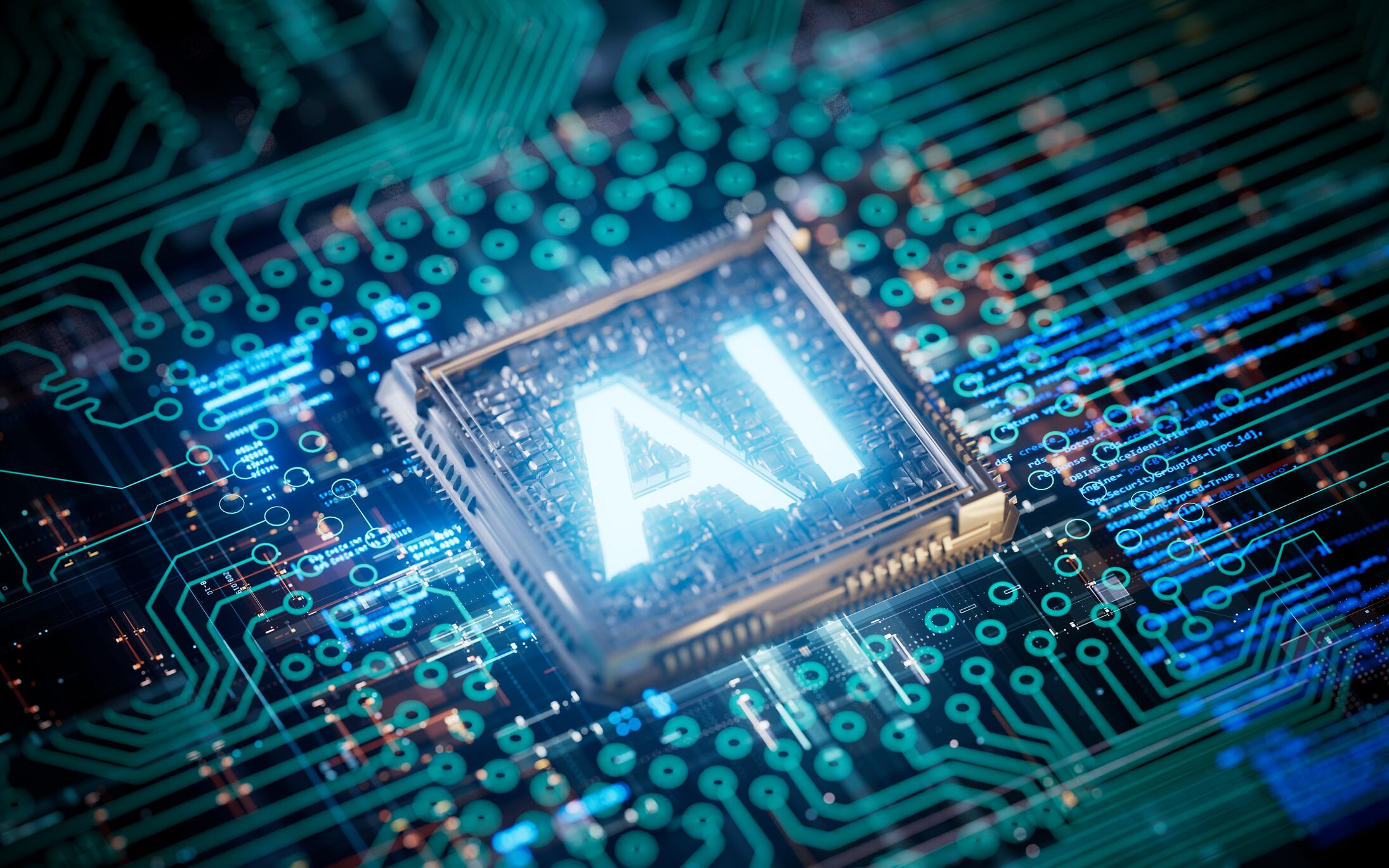WARSAW, Poland (AP) — A Polish radio station said Monday that it has ended an “experiment” that involved using AI-generated “presenters” instead of real journalists after the move sparked an outcry.
Weeks after dismissing its journalists, OFF Radio Krakow relaunched last week using virtual characters created by AI as its presenters.
Across Poland, people were angry, expressing fears that humans were being replaced by AI.
The station's editor, Marcin Pulit, said in a statement Monday that the aim had been to spark a debate about artificial intelligence, and that it had succeeded. He said the experiment had been meant to last three months but that it saw no reason to go on.
“After a week, we had collected so many observations, opinions, and conclusions that we decided that its continuation was pointless,” Pulit wrote.
He said the station was “surprised by the level of emotion that accompanied this experiment, attributing to us non-existent intentions and actions, harsh judgments formulated on the basis of false reports.”
The station in the southern city of Krakow had said its avatars were designed to reach younger listeners by speaking about cultural, art and social issues including the concerns of LGBTQ+ people.
The change last week got nationwide attention after Mateusz Demski, a journalist and film critic who until recently hosted a show on the station, launched a petition calling for the station to end the experiment and published an open letter protesting “the replacement of employees with artificial intelligence."
“It is a dangerous precedent that hits us all,” he wrote, and argued it could open the way “to a world in which experienced employees associated with the media sector for years and people employed in creative industries will be replaced by machines.”
More than 23,000 signed the petition.
Last Tuesday the station broadcast an “interview” conducted by an AI-generated presenter with a voice pretending to be Wisława Szymborska, a Polish poet and winner of the Nobel Prize in Literature who died in 2012.
Before canceling the experiment, the station had been planning an interview with Polish statesman Józef Piłsudski, who died in 1935.









